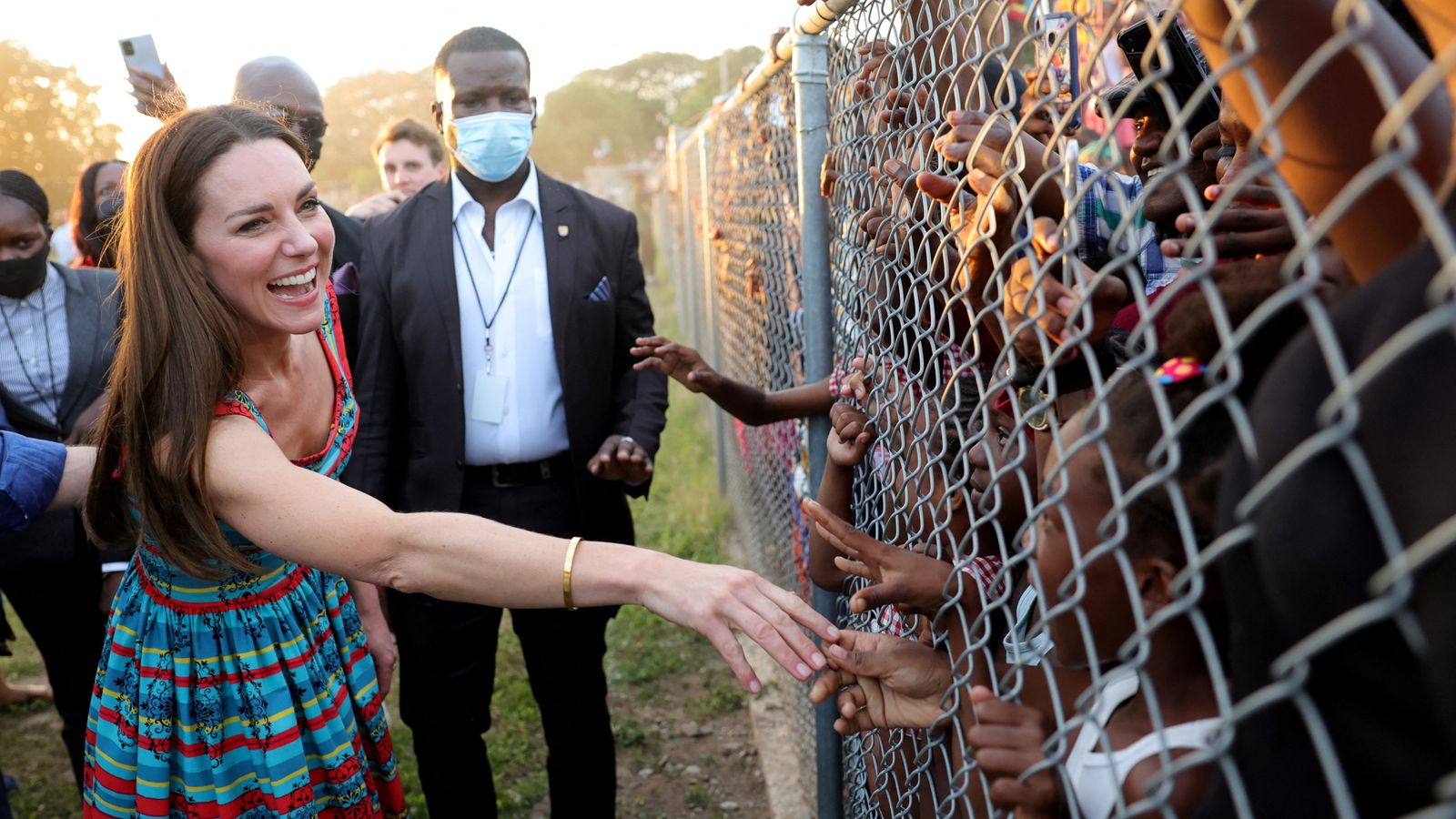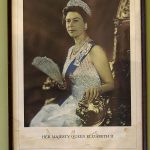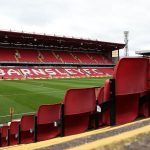Standing in Abaco in the Bahamas, waiting for William and Kate and surrounded by damage caused by Hurricane Dorian in 2019, I heard photographers saying just how good this tour has been for pictures.
The royal couple and their team may have left the Caribbean thinking the opposite.
It is photographs that have led to their visit being labelled a disaster and tone-deaf. Images recreating moments that in the past were classic photo opportunities, now feeling old-fashioned, even colonial.
At the end of the seven days, it feels like we are in a new era for royal tours. It’s been a wake-up that the optics of the past no longer work, and there is no going back.
As a result, Prince William appears more focused than ever, and wants to show us how he intends to be a future king.
Please use Chrome browser for a more accessible video player
Protests did not tell the whole story of this ‘disastrous tour’
Were you there? Did you see it for yourself? Did you sense the mood of it all?
President of Haiti assassinated at home, country’s interim PM says
St Vincent: Drone video shows idyllic island blanketed with volcanic ash after La Soufriere eruption
St Vincent: Water supplies running short on Caribbean island hit by volcano eruption
Those are questions I think needed to be asked more this week as people around the world piled in on social media.
Everyone’s entitled to their opinion, and the palace can’t entirely ignore the international perceptions, especially when they’re as nosy as they’ve been for this tour.
But at times it felt like outrage from the likes of London and New York was getting more traction than the feelings of the people they were actually meeting in Belize, Jamaica and the Bahamas.
Time and again, the answer I got in all three countries was “feelings are mixed here”. Yes, there were protests – but also cheering crowds.
The “disastrous tour” headlines became the narrative, when actually it was seen as a success for the host countries desperate for the spotlight the couple can bring.
Speaking to some of their advisors, they do now acknowledge they should have been more alive to the potential backlash that may come from certain parts of the trip.
One made the point to me that the programme of any tour, what they do and who they meet, isn’t just dictated and organised by the palace. The host countries want the royals to do certain things.
In Jamaica, one of those moments was having the couple riding on the back of the same Land Rover as the Queen.
There had been questions, even from William, about whether it looked right, and his advisors admit in hindsight they probably should have pushed back.
Read more: William and Kate looked in their element as crowds greeted them in home of reggae
Take it from me, the palace team is hyper-aware of us, the media, potentially getting “bad” images of them, but they were also tripped up by the impromptu walkabout at the side of the football pitch in Trench Town.
The pictures of William and Kate shaking hands through the fence were jumped on by those wanting to portray the entire trip as a failure. They don’t look good – but in isolation they do not tell the whole story, as you might have seen from the endless scrapping about it on social media.
A crowd of that size, even in the UK, wouldn’t have been allowed any closer to the football pitch, and people were just excited to see such a famous couple, nothing to do with them being royal.
William and Kate shouldn’t become more risk averse
I think it’s also worth saying the negative narrative wasn’t actually as a result of any massive gaffes, as such, from the couple, they did everything that was asked of them.
In the Bahamas, I was out on a boat watching both William and Kate getting drenched in sailing.
They are good sports and that’s why people warm to them. It would be a shame, and unhelpful, if they become more risk averse as a result of this tour.
The last thing they need is for events to be made more sterile, especially when their time in the Caribbean and especially Jamaica, hammered home the need to look ahead to a new kind of relationship.
And for that, they need to stay relatable.
Why William was keen to show he’s listening
This is the first major tour since the Black Lives Matter demonstrations, accusations of racism within the Royal Family, and protests against slavery and calls for reparations – all creating a complex backdrop and diplomatically challenging.
William stopped short of apologising for slavery, which angered some of those I talked to, but again it was also more nuanced than some reported; others were keen to tell me they will never forget how their ancestors were treated, but slavery happened in the past, and it’s other issues that need focus.
With his parting remarks to end the tour, William obviously wanted to make the point he’s been listening, both to those on the ground and potentially to some press criticism.
His speech on Thursday night was changed late in the day to toughen up and make clearer his position on realms cutting ties with the royals, more than likely influenced by his conversations with the three prime ministers.
His team also sat down with him to talk about his thoughts on the tour and the message he wanted to deliver to us at the end of the trip, as well as potentially address the negative press.
Those close to him say the “never complain, never explain” mantra is not his style – or how he wants to engage.
If he was addressing the claims the tour had been a failure, he was subtle, but in his remarks you sense a man who wants his voice heard; saying he doesn’t mind if he’s not head of the Commonwealth in the future was unexpected.
There was no lightbulb moment on the tour to make him come to that conclusion, but I’m told the last week has brought the matters at play in Commonwealth realms into sharper focus.
It was their first major tour for more than two years, and the stakes were high. Most of their surrounding team had never done a tour before, it was, therefore, a very public way to learn, and make, mistakes.
But they have very experienced bosses in William and Kate, a couple used to bruising headlines.
William’s final thoughts made clear that despite the criticism, it won’t put them off their stride.
“Foreign tours are an opportunity to reflect. You learn so much,” he said.
Never could that statement feel more true, it is now time for them and their team to regroup and rethink.






















